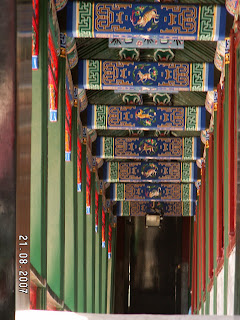 Breakfast is the first meal of the day.
Breakfast is the first meal of the day.Brunch is a mixture between breakfast and lunch and is for those who eat at around 11 a.m.
Lunch is the midday meal.
Dinner can be eaten either at around midday or in the evening.
Tea has several meanings in Britain. It may be a cup of tea with a biscuit or cake at any time of the day. If it is a cooked meal it can be eaten at around 5 or 6 p.m.
Supper is a light meal eaten in the evening at around 5 or 6 p.m. It can also refer to a late evening snack eaten just before bedtime.










































